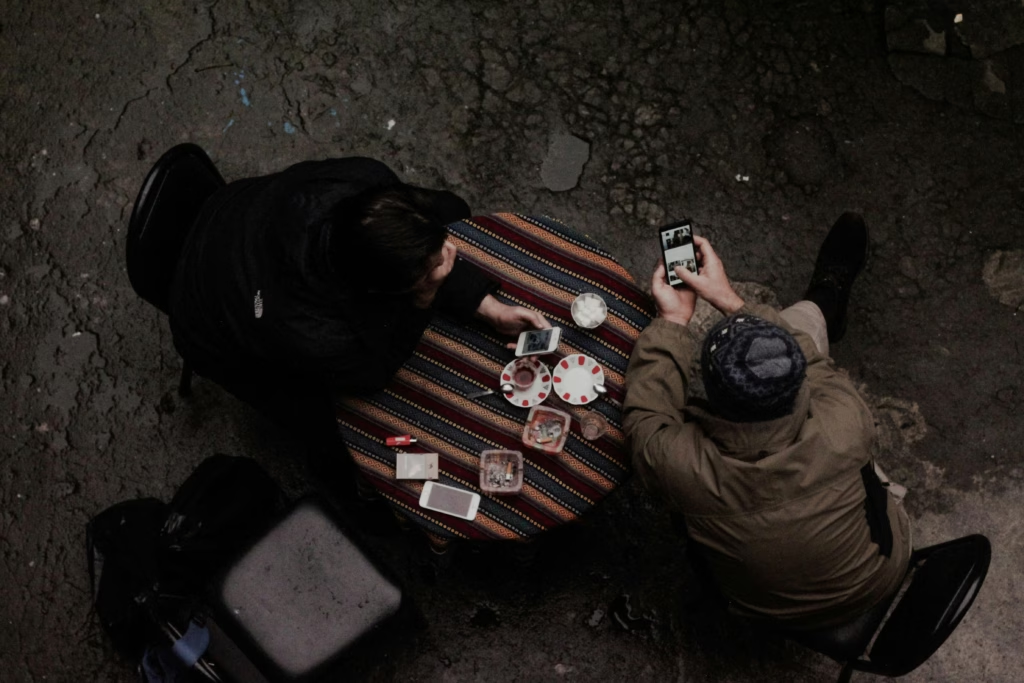New York, NY – In a city that never sleeps, a growing number of New Yorkers are hitting the “off” switch. Tired of the constant barrage of notifications, the endless scroll, and the fragmented attention spans that come with a hyper-connected world, they’re embracing a new trend: reducing technology use to reclaim their focus.
This isn’t just about ditching the smartphone for a day. It’s a conscious effort to redefine one’s relationship with technology, setting boundaries and prioritizing real-life experiences. From tech-free evenings and weekend retreats to dedicated “digital detox” programs, New Yorkers are finding creative ways to unplug and recharge.
“I was feeling overwhelmed, constantly distracted,” says Sarah Miller, a 32-year-old marketing executive who recently implemented a “no-phone after 8 pm” rule. “Now I have time to read, to actually talk to my partner, to just be present. I sleep better, and I feel more focused at work.”
This shift is fueled by a growing body of research highlighting the detrimental effects of excessive technology use. Studies link it to increased anxiety, depression, sleep disturbances, and even diminished cognitive function.
“Our brains are not wired for constant stimulation,” explains Dr. Emily Carter, a psychologist specializing in digital wellness. “When we’re constantly bombarded with information, it becomes harder to filter out noise, to concentrate, to think deeply.”
The “focus reclaim” movement is manifesting in various ways across the city:
- Digital Detox Retreats: Companies like “Unplugged” and “Camp Grounded” offer weekend retreats in upstate New York, where participants surrender their devices and engage in nature-based activities like hiking, yoga, and mindful meditation.
- Tech-Free Zones: Cafes and restaurants are designating “tech-free” hours or sections, encouraging conversation and connection.
- Mindfulness Apps: Ironically, technology itself is being used to combat tech overload. Apps like “Headspace” and “Calm” offer guided meditations and mindfulness exercises to help users cultivate focus and reduce stress.
- Community Workshops: Libraries and community centers are hosting workshops on digital wellness, offering practical tips on managing screen time and building healthier tech habits.
This trend is not without its challenges. In a city where technology is deeply ingrained in work and social life, disconnecting completely can be difficult. But for many New Yorkers, the benefits outweigh the challenges.
“It’s not about rejecting technology altogether,” says David Chen, a 28-year-old entrepreneur who recently completed a digital detox program. “It’s about using it more intentionally, more mindfully. It’s about reclaiming control and living a more balanced life.”
As the “focus reclaim” movement gains momentum, it raises important questions about our relationship with technology. In a world increasingly dominated by screens, how do we find the balance between connection and disconnection, between productivity and presence? For many New Yorkers, the answer lies in taking a step back, unplugging, and rediscovering the power of focus.




[…] importance of taking a break from the digital world to recharge and reconnect with themselves. A digital detox involves consciously reducing your screen time and engaging in activities that promote mindfulness and real-life […]